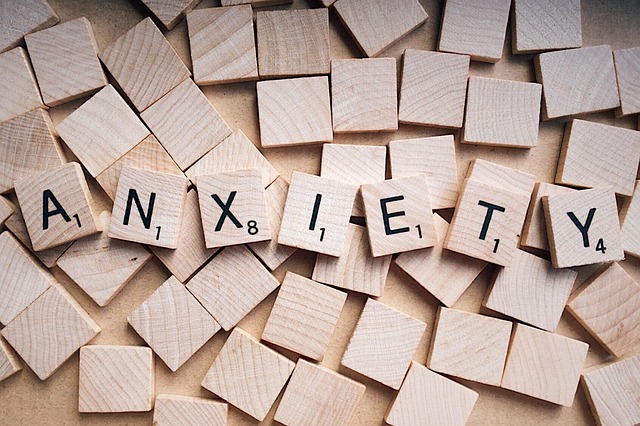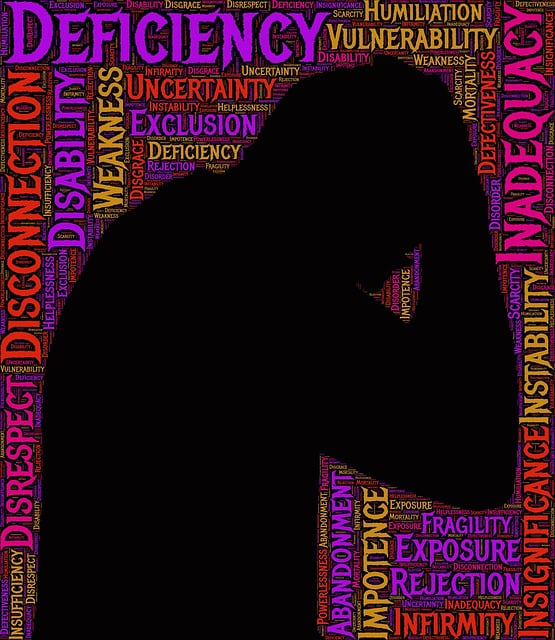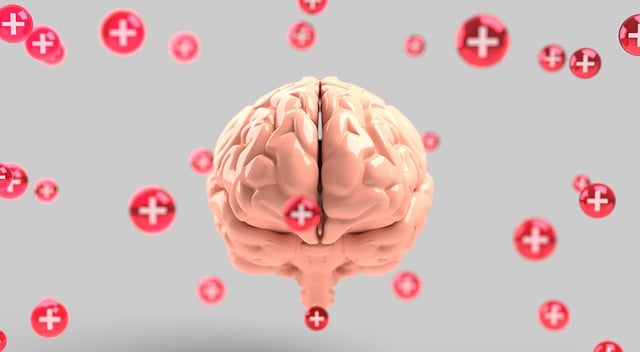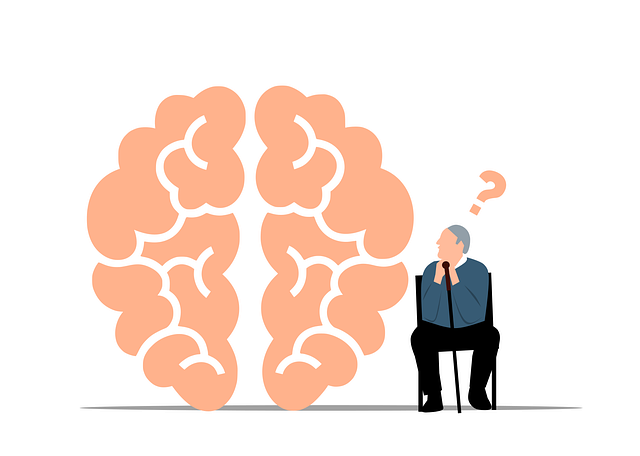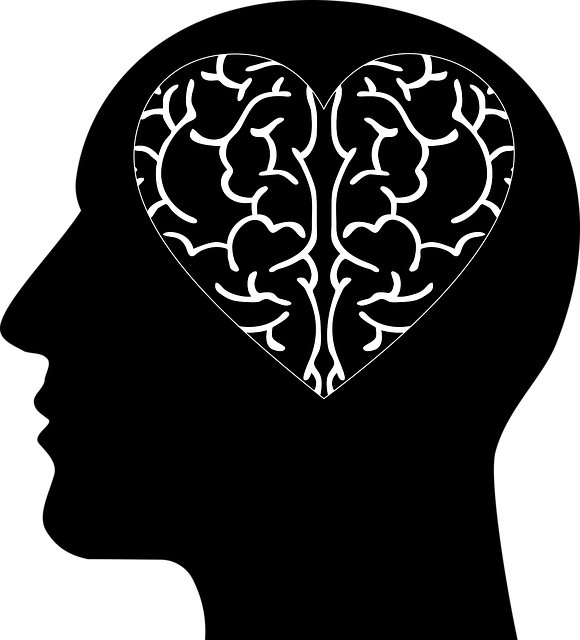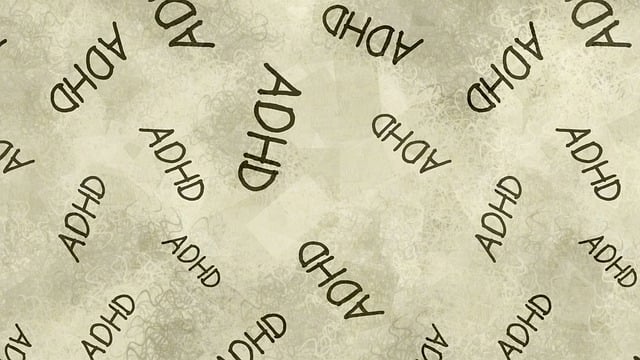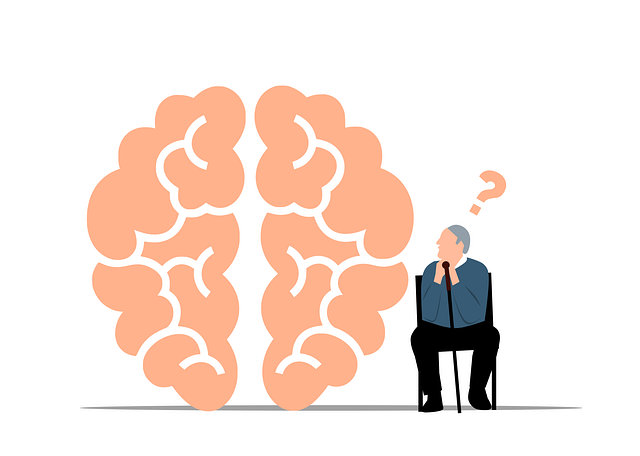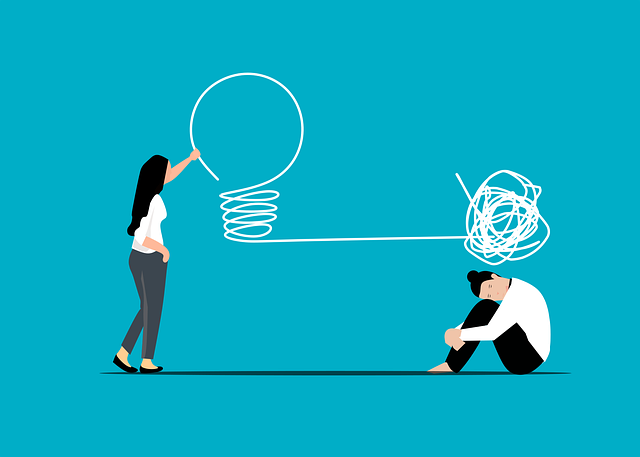Emotional intelligence (EQ) is a powerful tool for navigating mental health challenges, particularly in cases like Boulder Sexual Dysfunction Therapy. It starts with self-awareness, understanding your emotions and behaviors, which helps identify patterns contributing to dysfunction. Techniques like meditation and journaling enhance this process. Empathy development through active listening strengthens relationships and promotes positive thinking. Effective emotion management using strategies like mindfulness and cognitive reframing regulates feelings during therapy. Emotionally intelligent individuals build strong connections, fostering understanding and support in communities. Integrating EI into self-care routines and crisis intervention enhances well-being and recovery in Boulder Sexual Dysfunction Therapy.
Emotional intelligence (EQ) is a powerful tool for personal growth and building fulfilling relationships. In today’s fast-paced world, navigating complex emotions becomes increasingly vital, especially in managing stress and fostering healthy connections. This article guides you through unlocking your EQ potential, offering insights on understanding self-awareness, cultivating empathy, managing emotions effectively, and enhancing interpersonal relationships. Discover practical strategies to overcome challenges and transform personal growth opportunities with the help of Boulder Sexual Dysfunction Therapy techniques that empower emotional resilience.
- Understanding Emotional Intelligence: The Foundation of Self-Awareness
- Unlocking Empathy: Enhancing Your Ability to Connect with Others
- Managing Emotions Effectively: Strategies for Regulating Inner Turmoil
- Building Healthy Relationships: Applying Emotional Intelligence in Personal Connections
- Overcoming Challenges: Using Emotional Intelligence as a Tool for Growth
Understanding Emotional Intelligence: The Foundation of Self-Awareness

Emotional intelligence (EQ) is a powerful concept that involves understanding and managing one’s own emotions while recognizing and empathizing with others’ feelings. At its core, self-awareness forms the foundation for cultivating EQ. This initial step in the journey towards emotional intelligence means gaining profound insights into your emotions, thoughts, and behaviors—a crucial aspect often overlooked in discussions about mental health. For instance, a person seeking Boulder Sexual Dysfunction Therapy might benefit from heightened self-awareness, as it enables them to identify patterns of thinking and feeling that contribute to their condition.
Self-awareness is not merely recognizing one’s emotions but also understanding the underlying triggers, strengths, and weaknesses. It involves being able to accurately assess your emotional state in different situations, which is a vital skill for navigating life’s challenges. This process can be enhanced through various techniques, such as meditation, journaling, or therapy, all of which are beneficial tools in the field of mental health care, even supporting Crisis Intervention Guidance for professionals and individuals alike. By fostering self-awareness, one can begin to navigate complex interpersonal dynamics with greater clarity, a key aspect addressed in Risk Assessment for Mental Health Professionals.
Unlocking Empathy: Enhancing Your Ability to Connect with Others

Unlocking empathy is a powerful aspect of emotional intelligence building, allowing individuals to forge deeper connections with others. This involves actively listening, understanding, and sharing the feelings of those around us. It’s akin to a mental fitness routine for relationships; just as we exercise our bodies, we can train our minds to be more attuned to emotions.
In the context of Boulder Sexual Dysfunction Therapy, enhancing empathy becomes crucial in fostering intimate partnerships. By practicing positive thinking and engaging in mental wellness journaling exercises, individuals can strengthen their emotional connections. Mind over matter principles encourage us to cultivate a mindset that values understanding and compassion, which are essential for building strong, fulfilling relationships.
Managing Emotions Effectively: Strategies for Regulating Inner Turmoil

Managing emotions effectively is a cornerstone of emotional intelligence development, especially for those navigating challenges like Boulder sexual dysfunction therapy. Inner turmoil can stem from various sources—personal trauma, relationship issues, or even societal pressures. To regulate these feelings, individuals can employ several strategies. Mindfulness practices, such as meditation and deep breathing exercises, have been shown to calm the mind and body, allowing for better emotional awareness and control. Cognitive reframing techniques help individuals challenge negative thought patterns, replacing them with more positive and realistic perspectives. Additionally, expressive therapies like journaling or art therapy provide safe outlets for processing and releasing intense emotions.
Healthcare providers play a vital role in fostering emotional intelligence through cultural competency training. This includes developing cultural sensitivity in mental healthcare practice, ensuring diverse patients feel understood and supported. By integrating these strategies into their approach, therapists and counselors can create a nurturing environment, enhancing the effectiveness of treatment for sexual dysfunction or other mental health concerns. This holistic approach to wellness recognizes the interconnectedness of emotional, psychological, and cultural aspects, ultimately promoting more successful outcomes.
Building Healthy Relationships: Applying Emotional Intelligence in Personal Connections

Building healthy relationships is a cornerstone of emotional intelligence and can significantly benefit personal well-being. By applying emotional intelligence in our connections, we foster deeper understanding, empathy, and effective communication. This is particularly relevant when considering challenges like Boulder Sexual Dysfunction Therapy, where a supportive network and empathetic approach are vital for healing. Emotionally intelligent individuals are better equipped to navigate conflicts, offer genuine support, and create strong bonds with family, friends, and partners.
Developing emotional intelligence skills promotes positive interactions and strengthens relationships. It involves active listening, recognizing and managing one’s emotions, and understanding the feelings of others. This ability to connect on an emotional level can enhance everyday interactions and create a supportive community outreach program implementation. Additionally, incorporating self-care routine development for better mental health into daily life, especially in times of crisis intervention guidance, ensures individuals have the tools to maintain and strengthen their relationships while prioritizing their emotional well-being.
Overcoming Challenges: Using Emotional Intelligence as a Tool for Growth

Emotional intelligence (EI) serves as a powerful tool for navigating life’s challenges and fostering personal growth. When individuals confront obstacles, whether it’s managing stress, overcoming trauma or resolving conflicts, EI equips them with the skills to understand and regulate their emotions effectively. By recognizing and processing feelings, people can make more thoughtful decisions and respond adaptively instead of reactively. This is particularly relevant in scenarios like Boulder Sexual Dysfunction Therapy where clients often face complex emotional issues; applying EI strategies can facilitate healing and recovery.
Beyond individual therapy, self-care practices integrated with EI development enhance overall well-being. Regularly engaging in activities that promote relaxation, mindfulness, and stress reduction contributes to building emotional resilience. Additionally, conflict resolution techniques cultivated through EI training enable individuals to handle interpersonal disagreements constructively, fostering healthier relationships and a stronger sense of community. Even initiatives like Community Outreach Program Implementation can benefit from EI; understanding the emotional needs of the community allows for more impactful and sensitive program design and delivery.
Emotional intelligence is a powerful tool for personal growth and building meaningful connections. By understanding and managing your emotions, you can enhance your relationships and navigate life’s challenges with greater ease. The strategies outlined in this article, including self-awareness, empathy, emotional regulation, and healthy relationship dynamics, are essential components of emotional intelligence development. Just as Boulder sexual dysfunction therapy addresses physical aspects of intimacy, cultivating emotional intelligence fosters deep and authentic connections, ultimately leading to a more fulfilling and balanced life.
